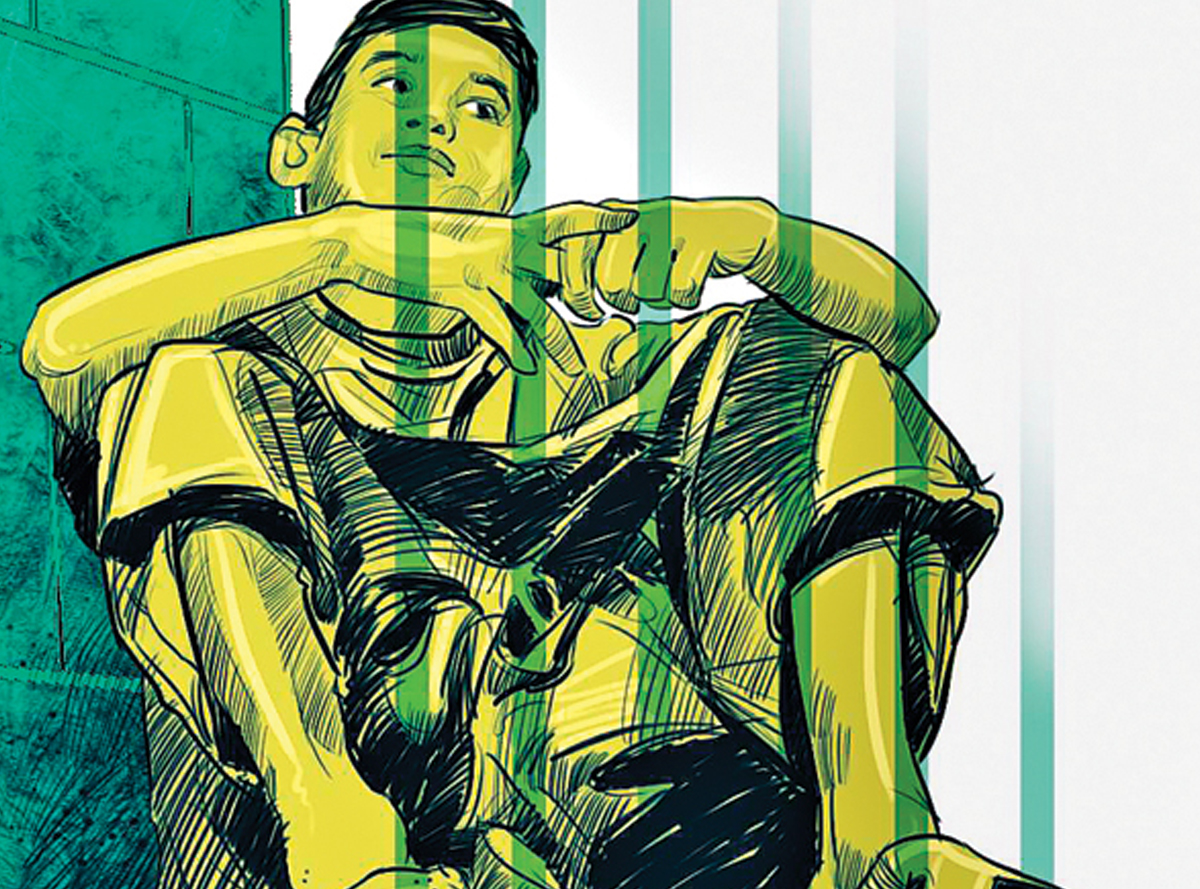Family Law / Matrimonial Dispute
Juvenile Matters
Children are the paragon of development and future of a nation. So a safe and healthy environment must be provided for utmost nurture of their character. Also India, is a home to the largest child population. But in recent time we witnessed , a high rate of juvenile offences in India, which is a major concern.
Thus our criminal jurisprudence, regarding juvenile offenders says that , prevention is better than cure regarding juveniles and they must be protected from going in a wrong path, and that is the cause why our Indian judicial system gives emphasis on Reformatory form of punishment to a juvenile offender. Also our constitution provides for a separate treatment for children.

 93540 85018
93540 85018
